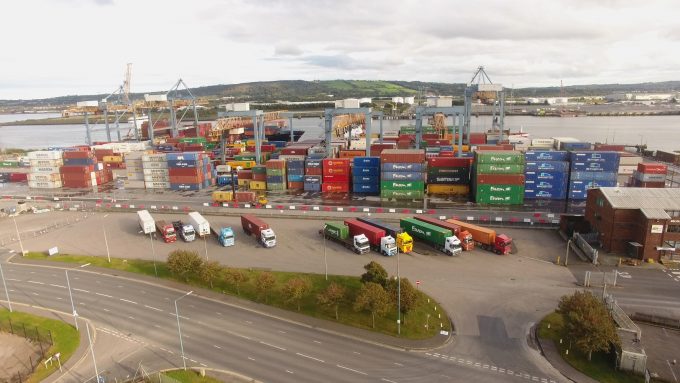UK needs closer EU ‘alignment’ to rebuild food supply chains
Research has called into question the UK’s ability to feed itself in the event of ...

Logistics operators appear optimistic an agreement will be reached to reform the Northern Ireland Protocol, but have urged UK Brexit negotiator David Frost to stick to his “tough stance”.
Mr Frost told MPs that, while he was pleased the EU had “for the first time” acknowledged ...

Comment on this article